Security Checklist
Security Checklist
Security Checklist
Cyber security is everyone's responsibility. Use these tips to protect your computer and your data.
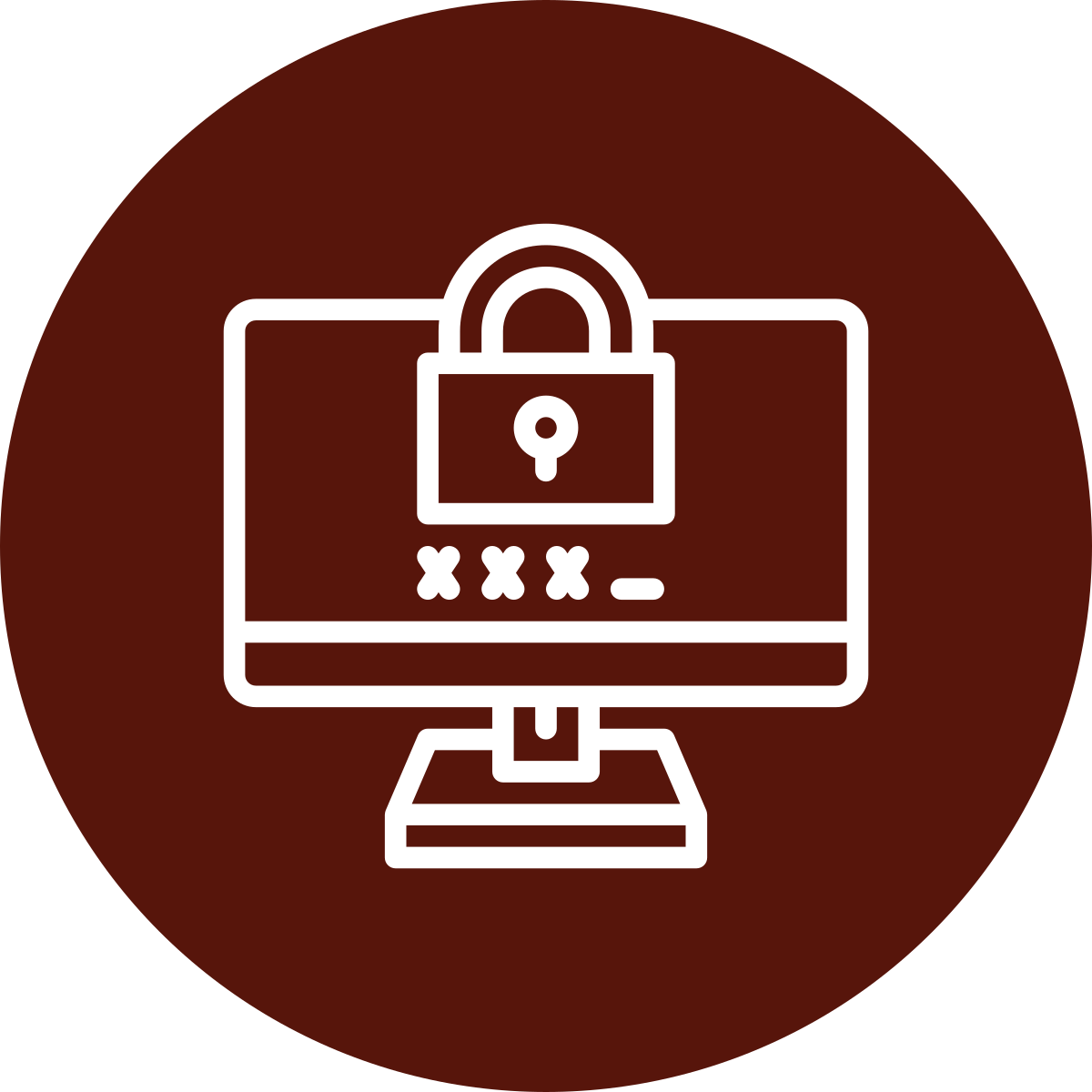 Lock Down Your Login
Lock Down Your Login
Strong passwords are essential (and you can follow these tips to create them), but they aren't enough to protect your key accounts. Use strong authentication tools — like biometrics, security keys or a unique, one-time code through an app on your mobile device — whenever offered. At Rowan, we provide two-factor authentication through Duo to help you protect your Rowan NetID.
Also, lock your computer when you walk away. For extra security, set the automatic lock to enable after a short period of time. Log off your computer and applications when planning to be away for a longer period of time, and shut it down when it is not in use for an extended period of time, such as overnight.
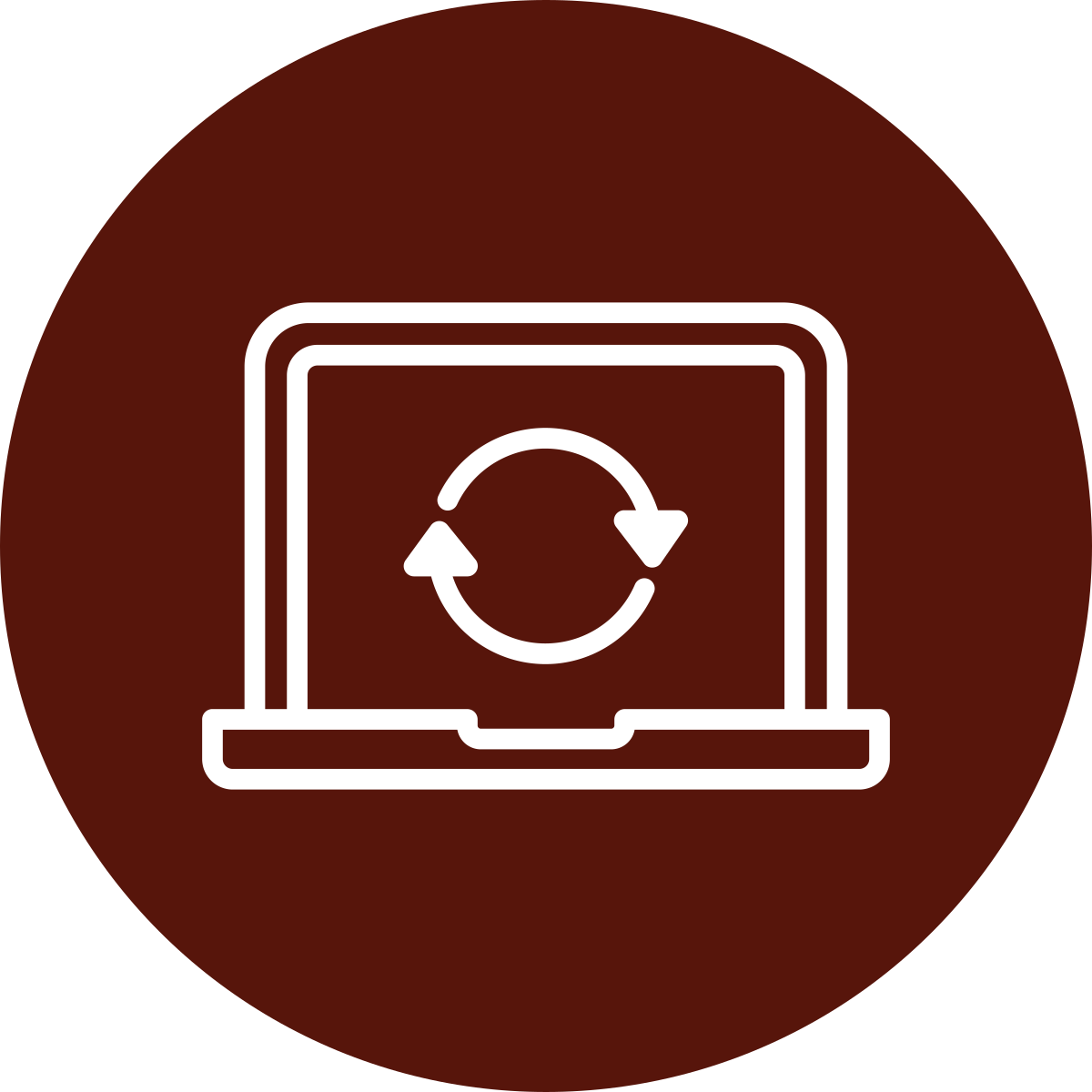 Keep a Clean Machine
Keep a Clean Machine
Keep software current on internet-connected devices to reduce the risk of infection from ransomware and malware. Delete any applications on your computer that you do not use since these are rarely patched and any existing vulnerabilities are susceptible to being exploited.
Also, install antivirus software. For our recommendations for personal computers, visit our Software Downloads page.
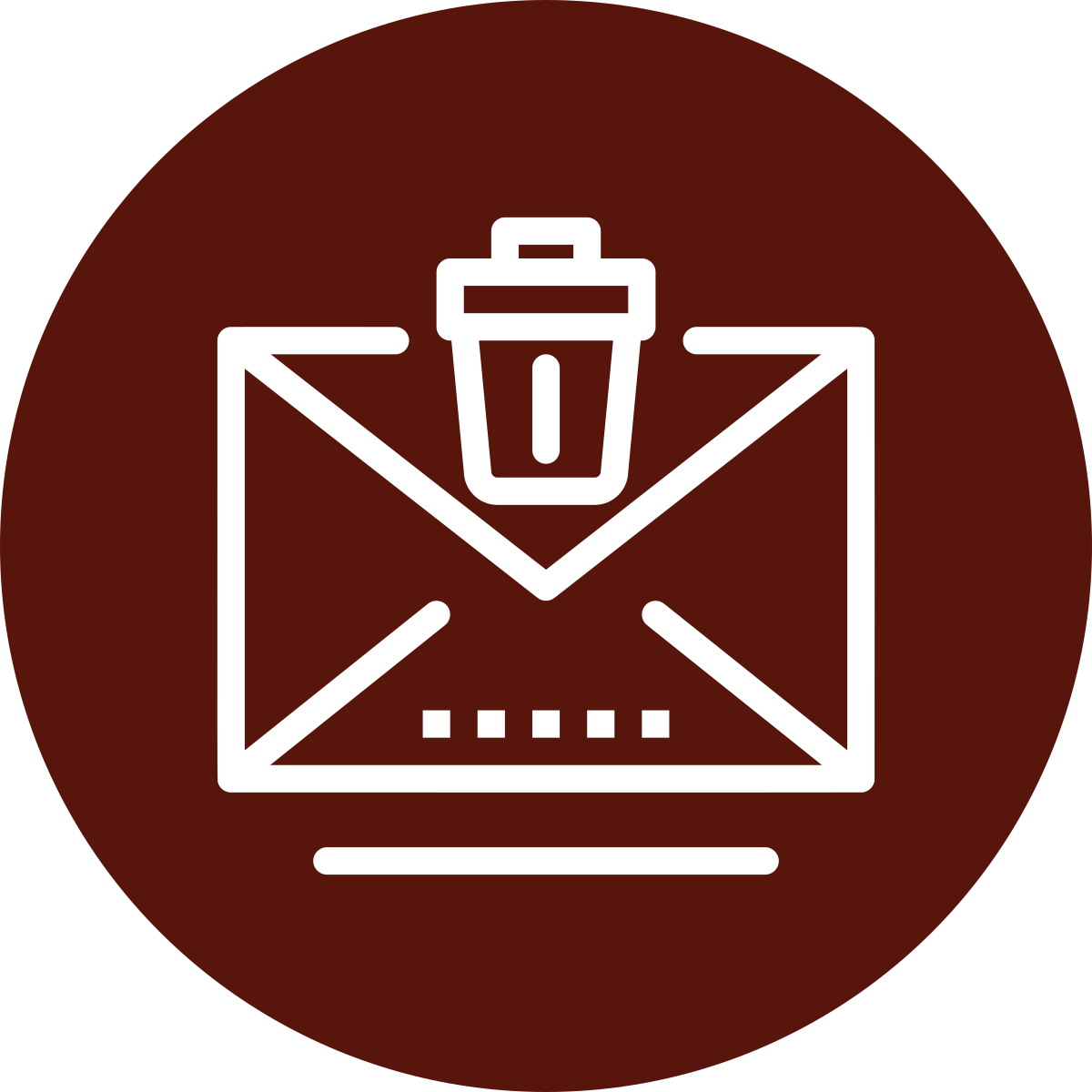 When in Doubt, Throw It Out
When in Doubt, Throw It Out
Links in emails, tweets, posts and online advertising are often how cybercriminals try to compromise your information. If it looks suspicious, even if you know the source, it's best to delete or, if appropriate, mark it as junk. If you believe the email is legitimate, verify before you click. Hover your cursor over embedded links to see where they’ll lead you before clicking and do not open any attachments you are not expecting.
Also, do not respond to any email requests for your username, password or personal information. Rowan University will never send you an email message requesting your username and password.
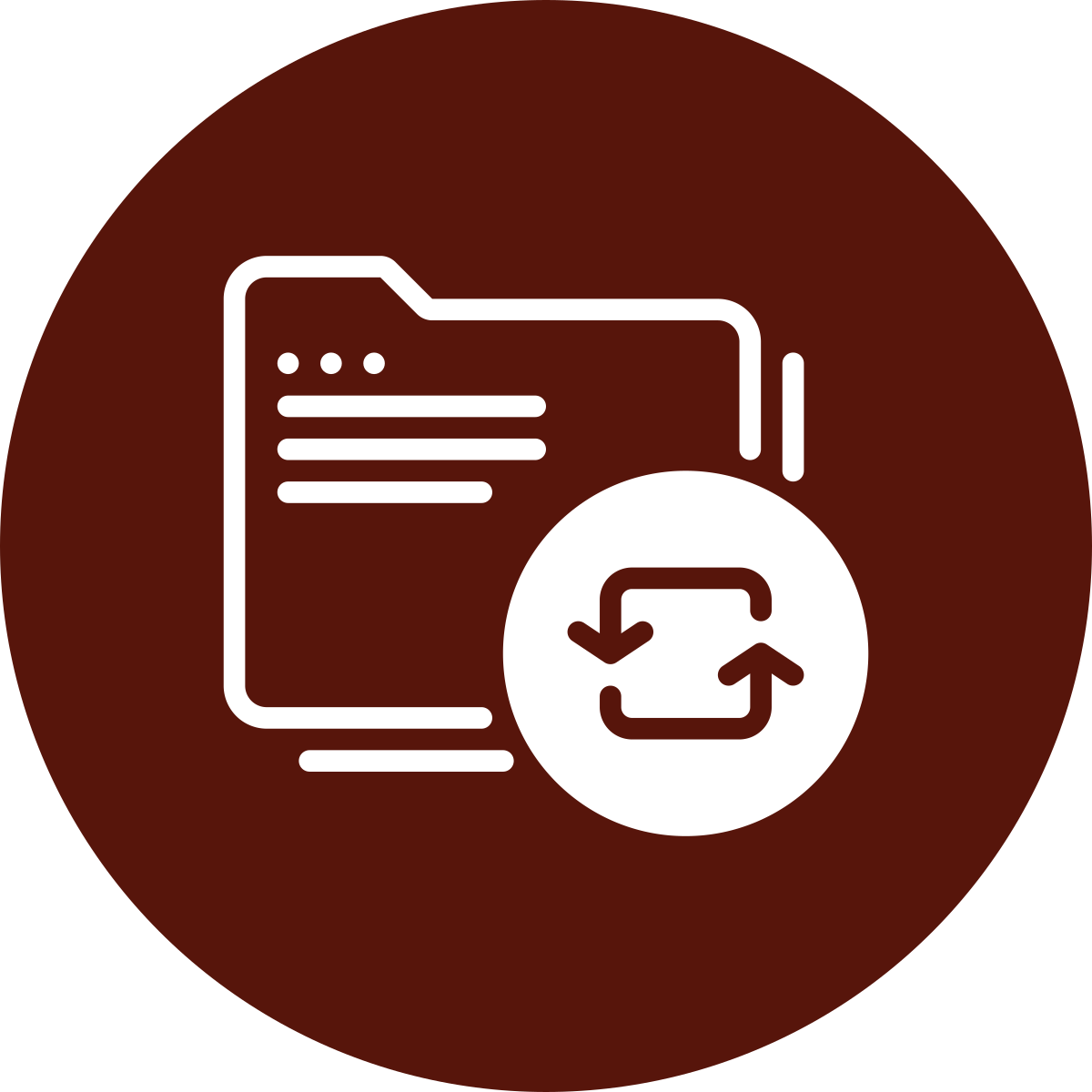 Back It Up
Back It Up
Protect your valuable work, music, photos and other digital information by making an electronic copy and storing it safely. If you have a copy of your data and your device falls victim to ransomware or other cyber threats, you will be able to restore the data from a backup.
Every member of Rowan University is provided with storage through Google Drive and OneDrive.
For other options, review our article on Rowan-approved file storage and backup options.
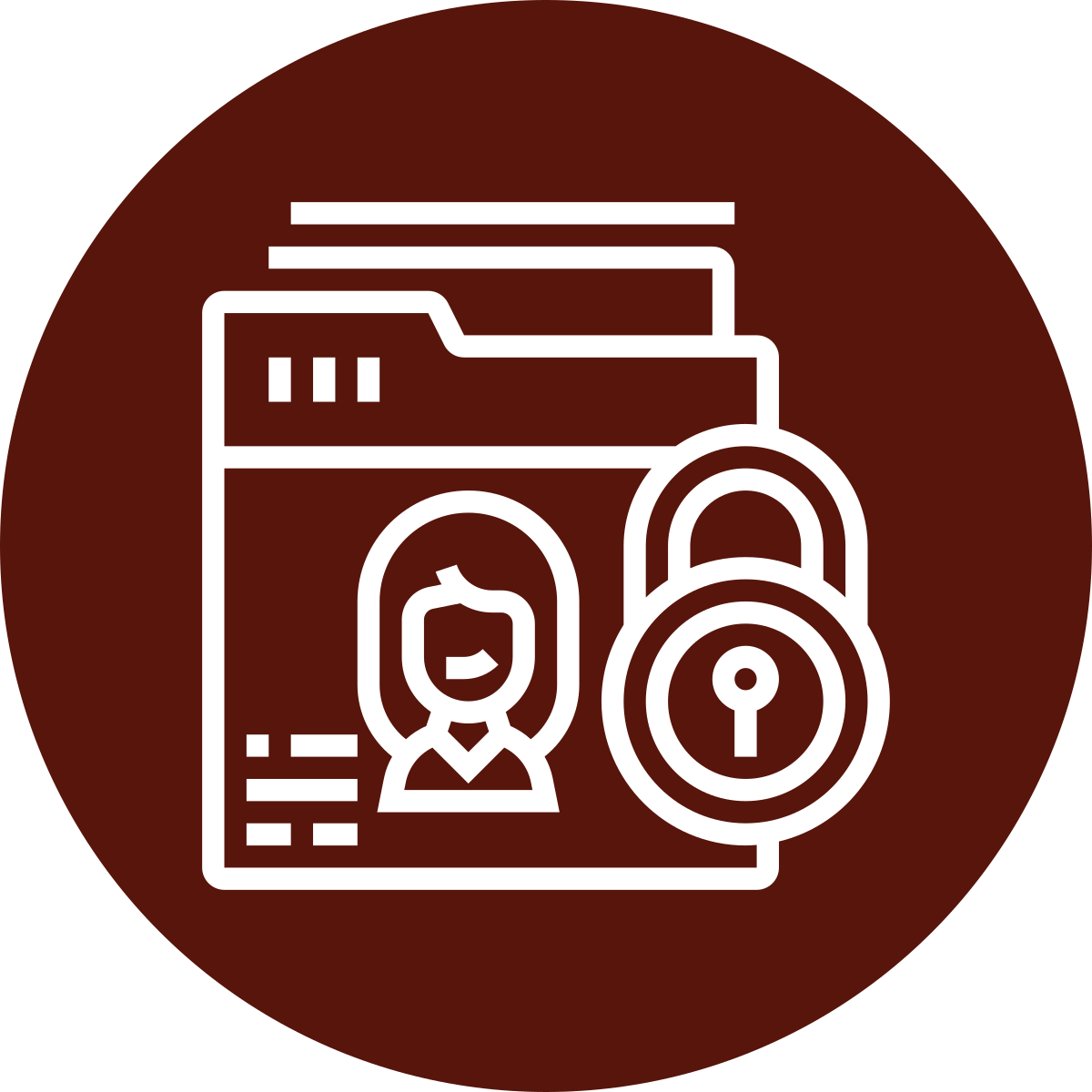 Own Your Online Presence
Own Your Online Presence
Set the privacy and security settings on websites to your comfort level for information sharing. It is OK to limit how and with whom you share information.
Also, secure your browser. For help, review the Cybersecurity and Infrastructure Security Agency (CISA) article, "Evaluating Your Web Browser's Security Settings."
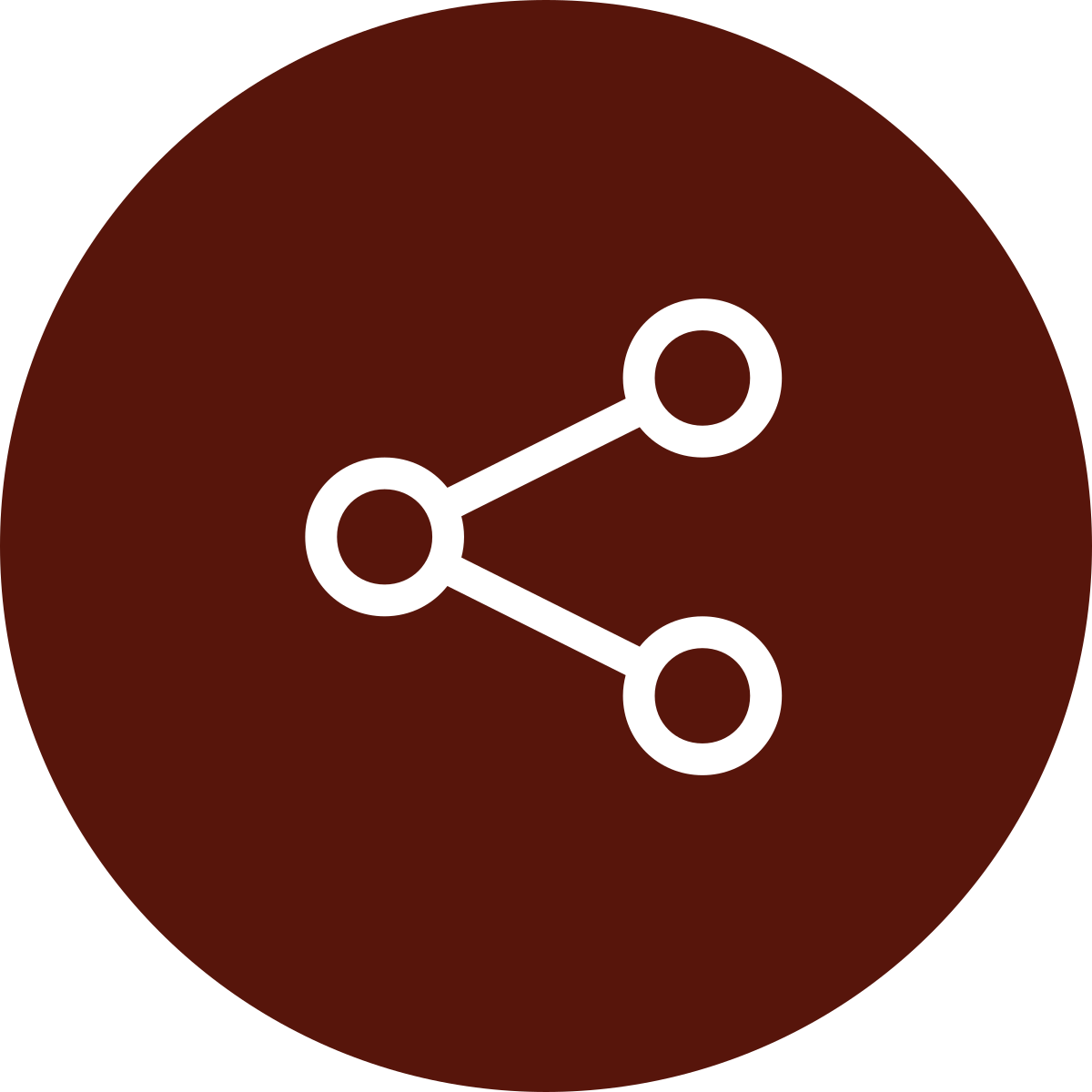 Share With Care
Share With Care
Think before posting about yourself and others online. Consider what a post reveals, who might see it and how it might affect you or others.
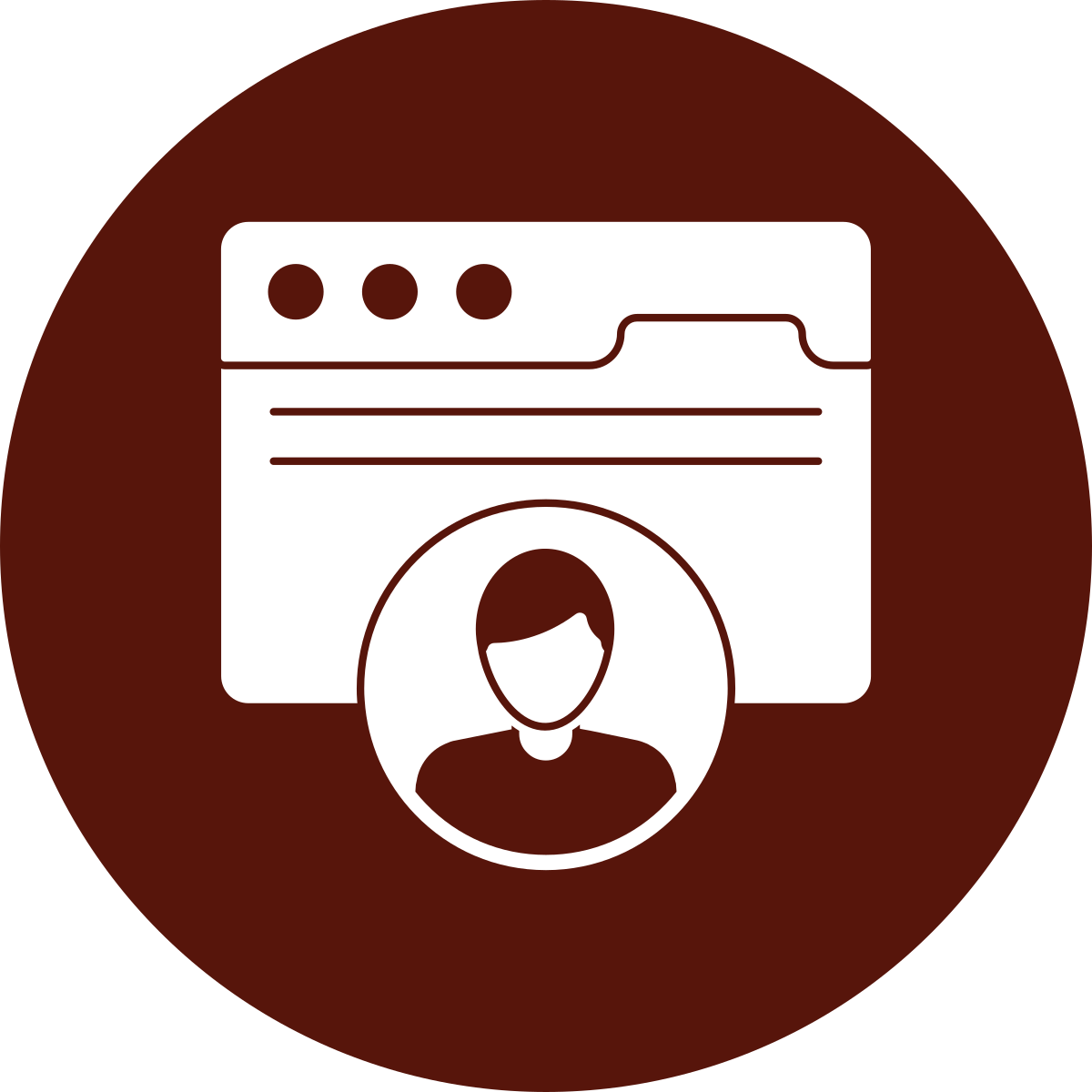 Value Personal Information
Value Personal Information
Information about you, such as purchase history or location, has value — just like money. Be thoughtful about who gets that information and how it is collected by apps, websites and all connected devices.
Also, do not store sensitive data on removable media, like USB flash drives, or mobile devices. Mobile devices and removable media are easily stolen and any sensitive data they hold can be impacted by ransomware or used for criminal activities. Make sure sensitive data, such as social security numbers, passwords, credit card numbers or research data, is always encrypted in transit and in storage.


